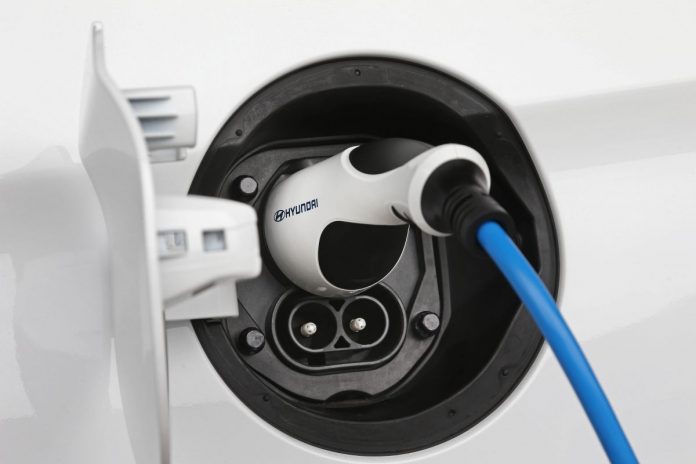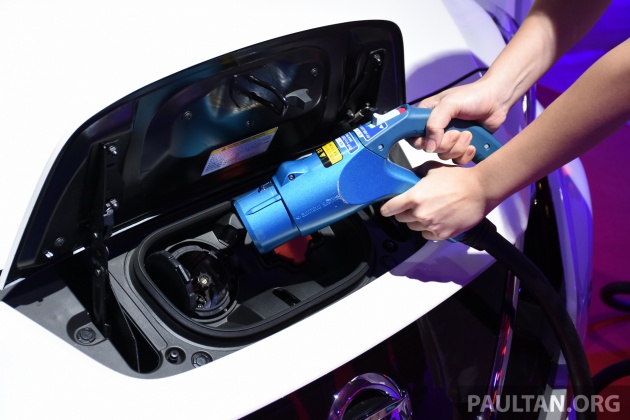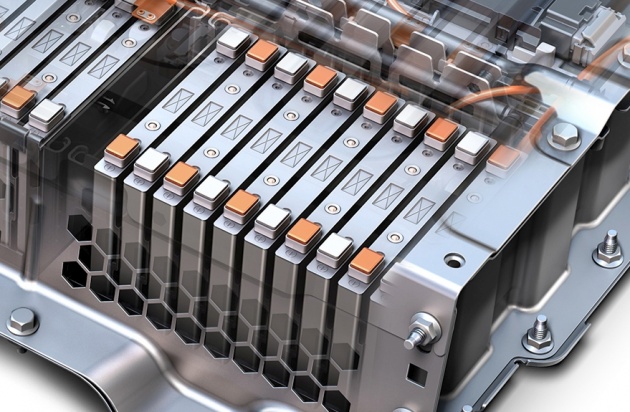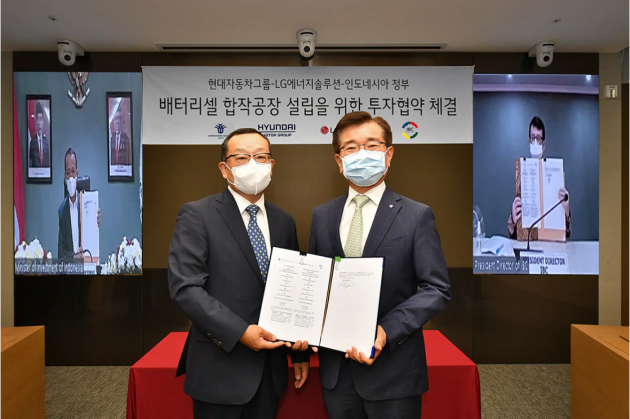Despite the economic impact brought about by the Covid-19 pandemic, Indonesia will continue its efforts to develop its electric vehicle (EV) industry, and not just with the production of raw materials, said president Joko Widodo.
“We have a great opportunity in developing industries from upstream to downstream. We must develop downstream industries such as the lithium battery industry and the production of electric cars,” he said in a virtual speech over the weekend, Xinhua reports.
Jokowi said that the direction towards a green economy is very clear, while the world market is aiming for green products which are low carbon, resource efficient and socially inclusive, and that the country should remain steadfast to its vision of electrification, the strategy of which was first laid out officially via a decree back in August 2019.
Outlined in the government strategy draft were incentives to boost EV adoption and production and also that for battery manufacturing, leveraging on the country’s abundant natural resource of nickel laterite ore used in lithium batteries. Other measures such as lower taxes for manufacturers and buyers of pure EVs were also included.
Since then, the republic has been pushing its electric agenda on many fronts, and in aggressive fashion. This has been led by the plan for the country to become a key player in manufacturing of EV batteries. In March this year, it was reported that Indonesia was closing in on its EV battery production goal. with four state-owned companies uniting to form national producer Indonesia Battery Corporation (IBC).
Foreign investment has now begun pouring in, with Hyundai and LG announcing last month that they had inked a deal with the Indonesian government to establish a joint venture (JV) to manufacture battery cells in the country. Construction of the new facility is scheduled to take place in the fourth quarter of 2021 and is expected to be completed by the first half of 2023.
Beyond batteries, the country is also making a push in EV manufacturing. Earlier this year, it stated its aim of reaching an annual production volume of 600,000 electrified cars by 2030, and to have all new cars sold in the country being electric by 2050. In terms of adoption, Otoritas Jasa Keuangan (OJK), the country’s financial services authority, eased lending rules for EVs in September last year to promote adoption and spur investment in the sector.
Meanwhile, the country’s minister of transportation, Budi Karya Sumadi, said last Friday that work on supporting regulations as well as increasing research and innovation of electric vehicles and painting a blueprint for the development of this industry were ongoing despite the pandemic.


























